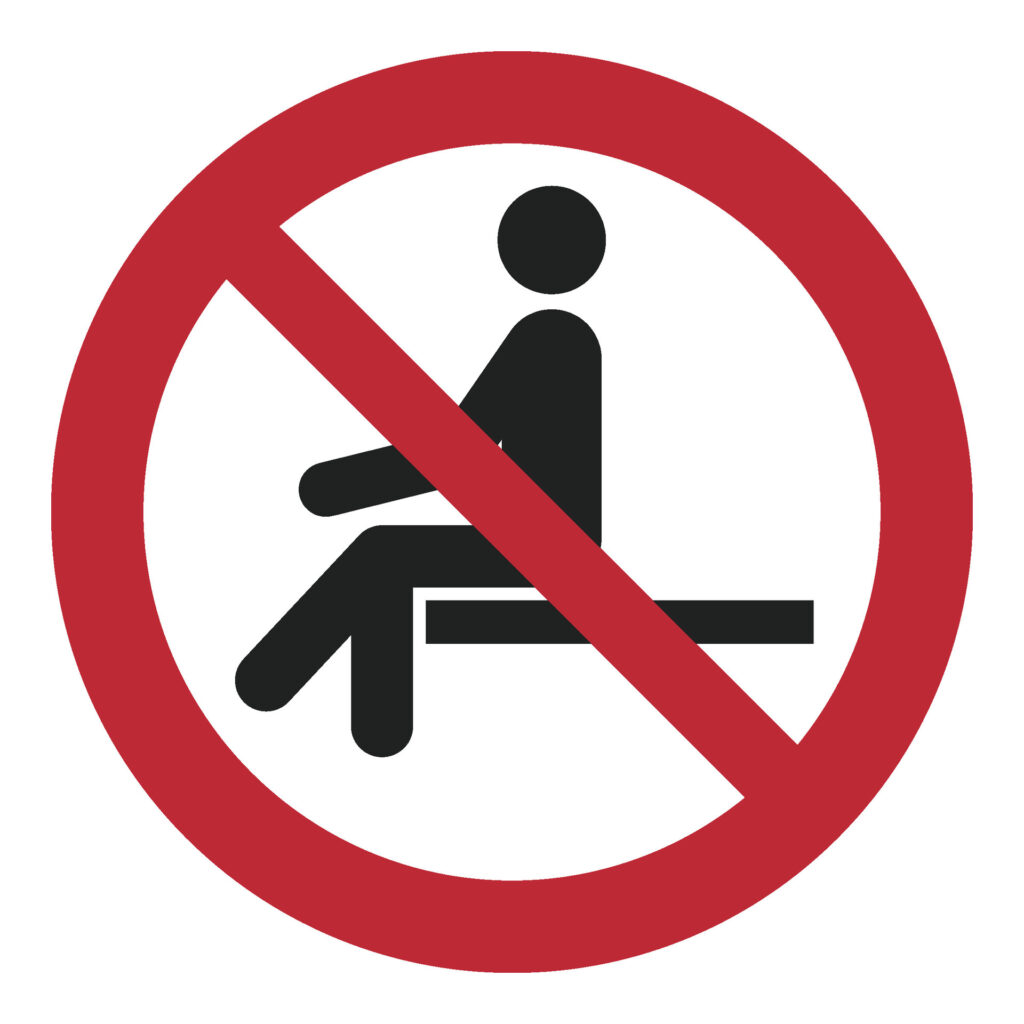By sitting less, you can effectively lower your blood pressure, the researchers from the Kaiser Permanente Washington Health Research Institute in Seattle proved. They calculated how much you need to sit less to achieve results of up 3.5 mm Hg. It is more effective than dedicated physical activities. The conclusions of the study were published in JAMA Network Open.
Blood Pressure Sitting Study
Dr. Dori E. Rosenberg, M.P.H., from the Kaiser Permanente Washington Health Research Institute in Seattle, and colleagues assigned 283 adults aged 60 to 89 years with high sitting time and body mass index of 30 to 50 to a sitting reduction intervention. The scientists divided the participants randomly into two groups, 140 and 143 adults, respectively, for the duration of six months. The intervention group received 10 health coaching contacts, sitting reduction goals, and a standing desk and fitness tracker to prompt sitting breaks, while the attention control group received 10 health coaching contacts to set general healthy living goals.
The researchers found a reduction in sitting time, favoring the intervention arm, with a difference in the mean change of −31.44 and −31.85 minutes/day at three and six months, respectively. At six months, the systolic BP change was 3.48 mm Hg lower, favoring the intervention arm.
The authors wrote: “In this study of a 6-month sitting reduction intervention, older adults in the intervention reduced sedentary time by more than 30 min/d and reduced systolic blood pressure. Sitting reduction could be a promising approach to improve health in older adults”.
Conclusions from related studies
Research has shown that prolonged sedentary position can have a negative impact on blood pressure and overall cardiovascular health. Here are some key findings from various studies:
- Increased Blood Pressure with Prolonged Sitting. A meta-analysis suggested that every hour of uninterrupted sitting is associated with a 0.42 mmHg increase in systolic BP. It is has also identified a 0.24 mmHg increase in diastolic BP. Another study found that prolonged uninterrupted sitting results in significant increases in systolic BP and mean arterial pressure.
- Interruption of Sitting Lowers Blood Pressure. Regularly interrupting periods of prolonged sitting with physical activity or standing can have acute beneficial effects. For example, interrupting bouts of prolonged sitting resulted in significantly lower systolic and diastolic blood pressure. The researchers compared with this data with control conditions, particularly when using aerobic interruption strategies.
- Sedentary Lifestyle and Health Risks: A sedentary lifestyle, characterized by long periods of sitting, is associated with health risks such as high blood pressure, obesity, and high blood sugar.






